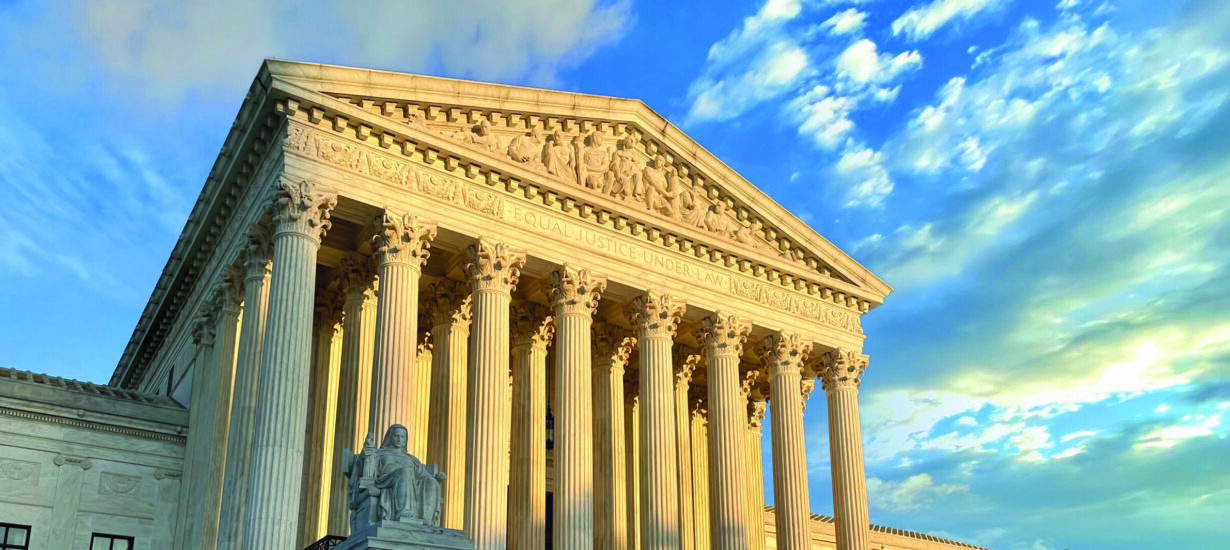University in Court Today

Today before the nation’s highest court, Chancellor Kevin Guskiewicz will defend the University’s inclusion of race as one factor in determining admission at UNC. Guskiewicz and University attorneys will appear before the U.S. Supreme Court to argue that diversity is a necessary part of education, in a case that could impact the higher education landscape nationwide.
In 2014, a private group called Students for Fair Admissions Inc. sued the University alleging racial discrimination under both the 14th Amendment and Title VI of the 1964 Civil Rights Act. SFFA also sued Harvard University, alleging intentional discrimination against Asian applicants.
At issue are long-standing Supreme Court decisions, affirmed as recently as 2016, that allow universities to consider race as one factor in admissions. SFFA is challenging Carolina’s admissions process, which follows the precedent set by the nation’s highest court. Federal, district and appeals courts have also sided with Harvard on the issue.
In July, University officials filed a response brief with the Supreme Court as part of the lawsuit challenging how universities select and educate students, arguing SFFA lacked standing when it filed its lawsuit, didn’t have a “requisite stake in the outcome” when the suit was filed and wasn’t a “genuine membership organization” when it sued UNC. The University also said it follows a holistic process that considers all aspects of an applicant’s background, and “race only rarely plays a meaningful role — explaining a mere 1.2% of admissions decisions. But as the district court found, even this limited consideration of race remains necessary to achieve UNC’s academic mission.”
The Supreme Court planned to hear the cases against Carolina and Harvard jointly, but in a July order, the court said it would hear the cases separately in oral arguments this fall, and the Oct. 31 hearing date was set.
In a message to faculty, staff and students on Sunday, Guskiewicz wrote about the University being in the national spotlight because of the lawsuit, saying Carolina will be representing “all of higher education.” He also referenced a guest opinion column he wrote for The News & Observer and The Charlotte Observer that was published over the weekend.
“To honor the University charter’s charge to ‘prepare a rising generation’ for the responsibilities of democracy, we must ensure our graduates are ready to embrace this country’s remarkable pluralism,” Guskiewicz said in his statement to the campus community. “At Carolina, we are building better citizens, and if we remove race as one of the many factors we consider in admission decisions, we jeopardize that effort.
“Our students are preparing to enter diverse workforces, and if they do not have experience on group projects, or in their dorm rooms, with people who have different perspectives and life experiences, they will fall short of their potential,” Guskiewicz continued. “As one of our students so eloquently put it at a recent event, ‘the diversity of my fellow classmates breathed life into the classroom and the curriculum.’ ”
According to a University website devoted to the case, UNC doesn’t discriminate in its admissions practice against any applicant or group, or use quotas or formulas. Instead, University officials maintain applicants are considered on dozens of factors, including academic performance, class rank, essays, experiences and potential contributions to the educational environment on campus.
Other considerations include geography, military background and socioeconomic background. University officials said the admissions office considers race or ethnicity as one factor among many — only if a student chooses to share that information.
